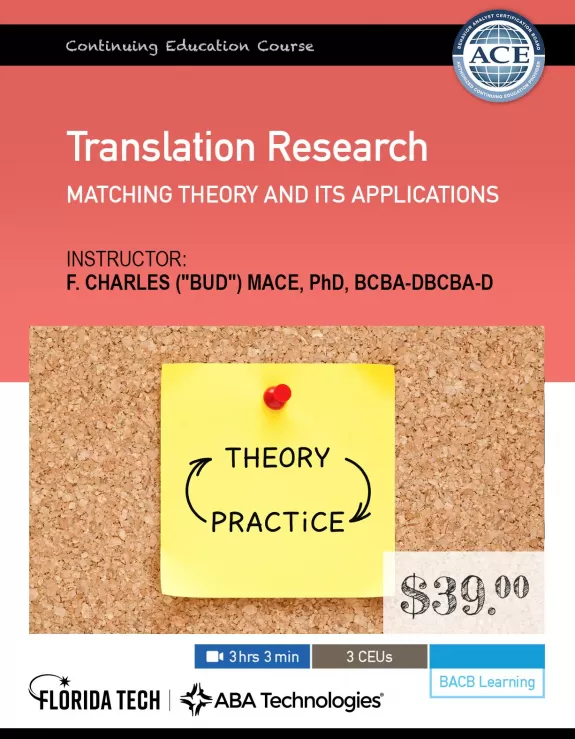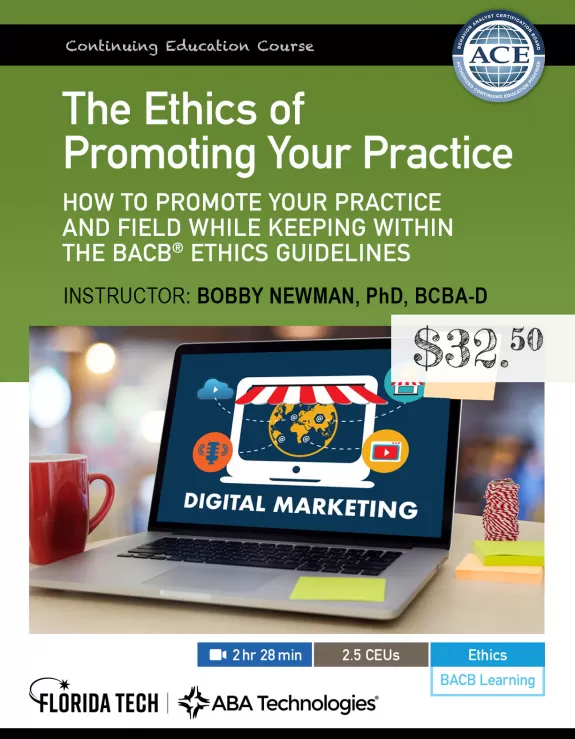Translational Research: Matching Theory and Its Applications
Abstract
Translational research typically is understood as the line of research that tries to take findings from basic research and then translates its applications in the applied field of behavior analysis. However, translational research can also take socially significant interests from the applied field and instigate research in the basic field. Translational research helped show that findings from non-human animal research could generalize to humans as well as create behavioral technology. One of the most researched topics in the field is the Matching Law and Matching Theory. As behavior analysts, we follow a scientist-practitioner model of practice, and in doing so, we must be able to consume a broad scope of literature if we wish to remain current.
Learning Objectives
What you’ll learn in the course and be able to do afterward
- Understand Matching Law as well as equations that were developed in both basic and applied research
- Identify the variables that influence choice, preference, and the allocation of responding; then take this information to determine the implications for treatments and interventions
- Understand the behavioral model for self-control and the implications it has for treatment selection
- Identify ways to use matching theory for function-based interventions
Partnership
This course is delivered through Florida Tech. Clicking "Enroll Now" will take you to Florida Tech’s website where you can Add to Cart, Checkout, and complete the course. Come back to our website for podcasts, blogs, courses, and content.




